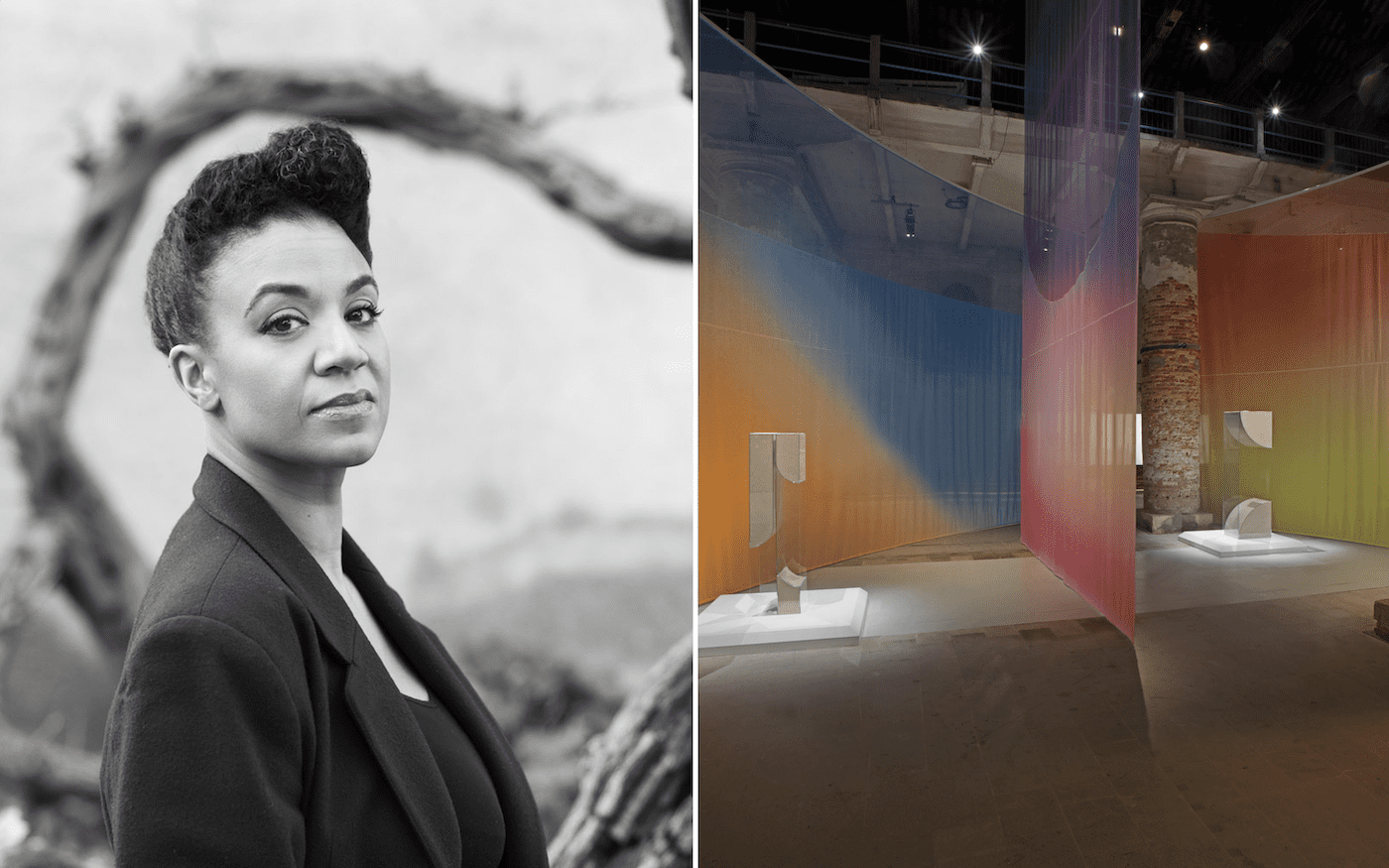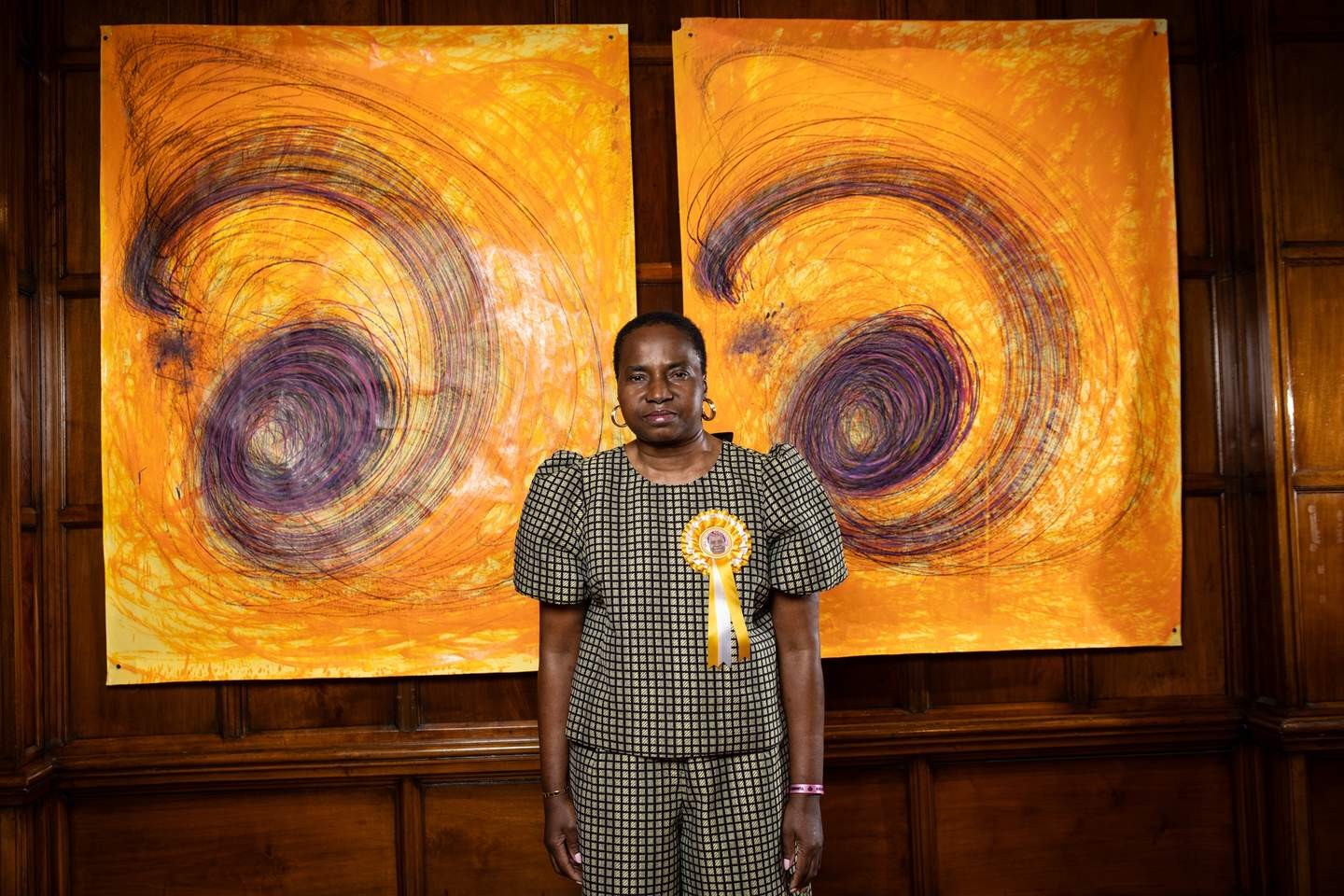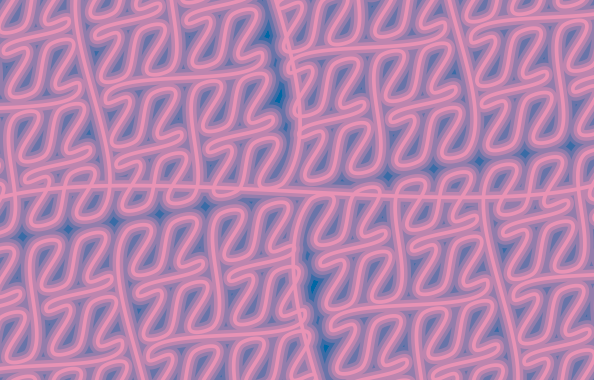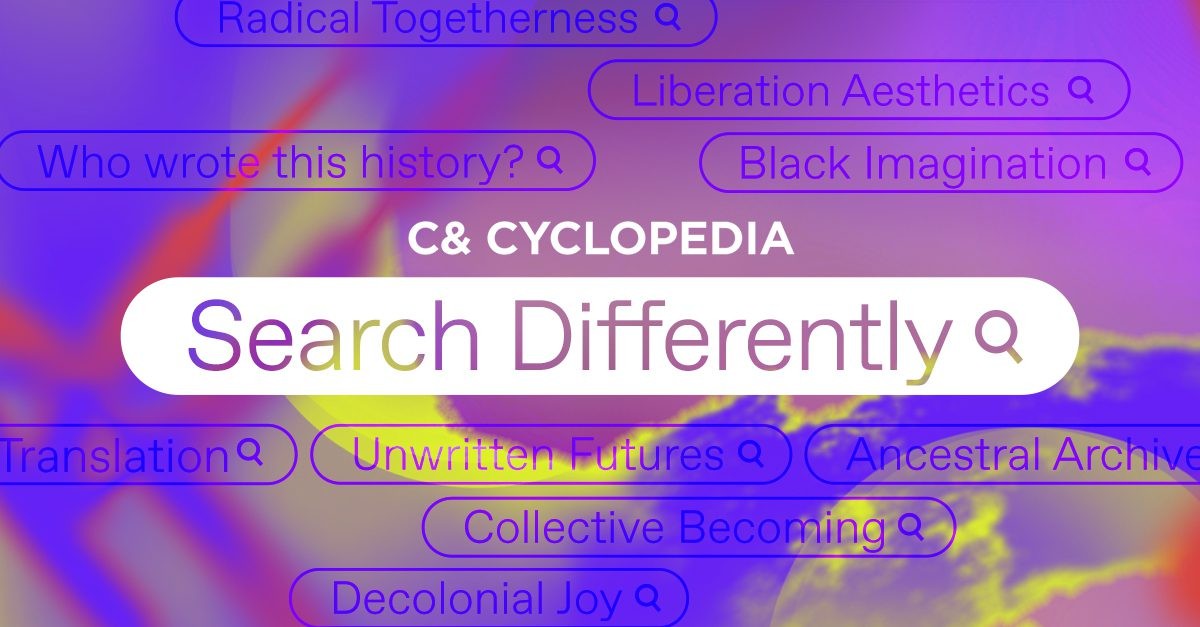Kapwani Kiwanga Wins the 2025 Joan Miró Prize

Kapwani Kiwanga receives the prestigious award in recognition for her powerful, research-based installations exploring history, power, and social structures.
The Canadian-French artist Kapwani Kiwanga has been awarded the 2025 Joan Miró Prize, one of the world’s most prestigious contemporary art awards. The prize is presented by the Fundació Joan Miró in Barcelona, with the support of the Stavros Niarchos Foundation (SNF) and CUPRA.
The international jury recognized Kiwanga for her exceptional ability to translate complex historical and social processes into formally refined and conceptually rigorous installations. Her research-based practice explores the lingering effects of power structures, drawing from archival material to interrogate dominant narratives and reframe forgotten histories.
"I see my work as an experimental archive—one that reflects on power, memory, and the possibilities of tomorrow. It’s an honour to have this practice recognized in dialogue with Joan Miró’s legacy," said Kiwanga upon receiving the award.
“The jury wishes to especially highlight the precision and rigour with which Kapwani Kiwanga formalises historical and social processes that have shaped contemporary realities,” the jury stated.
“Her works invite reflection on material, space, and history—qualities that resonate deeply with the legacy of Joan Miró.”
The 2025 Joan Miró Prize jury was chaired by Marko Daniel, Director of the Fundació Joan Miró, and included: Hoor Al Qasimi, President and Director of the Sharjah Art Foundation, Pablo Lafuente, Artistic Director of Museu de Arte Moderna (Rio de Janeiro), Ann-Sofi Noring, former Co-Director of Moderna Museet and Board Member of the Royal Swedish Academy of Fine Arts, Marie Hélène Pereira, Senior Curator at Haus der Kulturen der Welt (Berlin), Jorge Diez, Head of Design at CUPRA.
The prize includes a €50,000 grant and a solo exhibition at the Fundació Joan Miró in 2026.
Kapwani Kiwanga (b. 1978, Hamilton, Canada) is a French-Canadian artist based in Paris and Berlin. She studied Anthropology and Comparative Religion at McGill University and Fine Arts at the École des Beaux-Arts in Paris.
Her practice spans installation, sculpture, video, performance, and photography, and is driven by deep research into power dynamics, marginalised histories, and socio-political systems. Kiwanga uses historical archives to interrogate systems of control and visibility, creating works that open new ways of seeing and imagining. She describes her approach as developing “exit strategies”—aesthetic and conceptual tools for rethinking the present and speculating on alternative futures.
She has exhibited internationally, including at the Venice Biennale (2024), New Museum (New York), MOCA (Toronto), Haus der Kunst (Munich), and CAPC (Bordeaux). Among her many accolades are the Guggenheim Fellowship (2023), Zurich Art Prize (2022), Marcel Duchamp Prize (2020), and the Sobey Art Award (2018).
Kiwanga is represented by Galerie Poggi (Paris), Goodman Gallery (Johannesburg, Cape Town, London), and Galerie Tanja Wagner (Berlin).
Announcement

Nnena Kalu wins Turner Prize 2025

Coming Soon: APRIA Journal Issue #7 — Exhaustion

Introducing the C& Cyclopedia
Announcement

Nnena Kalu wins Turner Prize 2025

Coming Soon: APRIA Journal Issue #7 — Exhaustion
